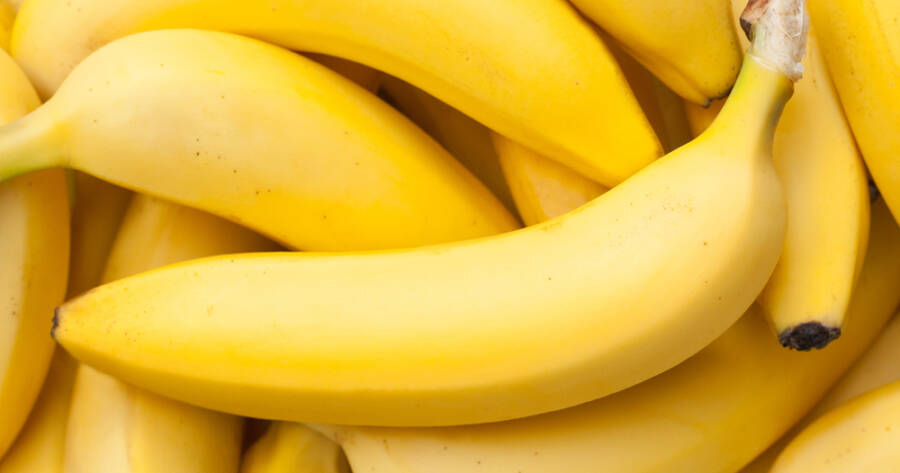Potassium is a vital mineral essential for our bodies. It’s associated with food like bananas and potatoes. When potassium levels drop below normal, the reasons can be weird. Perform a search online today to learn more about low potassium causes.
Understanding the factors that can lead to low potassium levels is crucial for maintaining optimal health. By identifying and addressing these factors, people can effectively prevent and manage potential health issues related to potassium deficiency.
Uncovering 5 Weird Causes of Low Potassium
While it’s true that a lack of potassium in your diet can contribute to low levels, there are some unexpected factors that can also lead to potassium deficiency. Let’s take a closer look at five weird causes:
1. Excessive Sweating
Do you find yourself sweating excessively, either due to intense physical activity or a medical condition? Well, this could be one of the causes of low potassium levels.1 When you sweat excessively, you lose not only water but also essential minerals like potassium. So, if you’re someone who sweats a lot, it’s important to replenish your potassium levels regularly.
2. Certain Medications
Believe it or not, some medications can interfere with your body’s ability to retain potassium. Diuretics, commonly prescribed for conditions like high blood pressure, can increase urine production and lead to potassium loss. Other medications, such as corticosteroids and some antibiotics, can also have a similar effect. If you’re taking any of these medications, it’s essential to monitor your potassium levels and consult your healthcare provider if you notice any symptoms of deficiency.
3. Digestive Disorders
Individuals with certain digestive disorders, such as Crohn’s disease or chronic diarrhea, are at a higher risk of developing low potassium levels. These conditions can interfere with the absorption of nutrients, including potassium, leading to deficiencies. If you have a digestive disorder, it’s crucial to work closely with your healthcare team to manage your condition and ensure adequate potassium intake.
4. Excessive Alcohol Consumption
Excessive alcohol consumption can have a negative impact on various aspects of your health, including your potassium levels. Alcohol acts as a diuretic, causing increased urine production and potassium loss. Additionally, alcohol can impair the functioning of your kidneys, which play a vital role in maintaining potassium balance. If you’re a heavy drinker, it’s important to be aware of the potential effects on your potassium levels and take steps to moderate your alcohol intake.
5. Magnesium Deficiency
Did you know that low magnesium levels can contribute to low potassium levels as well? Magnesium and potassium work together in the body, and a deficiency in one can affect the other.2 If you’re experiencing symptoms of low potassium, it’s worth considering whether you might also have a magnesium deficiency. Including magnesium-rich foods like spinach, almonds, and avocados in your diet can help maintain a healthy balance of both minerals.
Why Potassium Is Important
Now that we’ve explored some of the weird causes of low potassium, let’s take a moment to understand why this mineral is so important for our bodies. Potassium plays a crucial role in maintaining proper heart function, regulating blood pressure, supporting muscle contractions, and balancing fluids in the body. It also helps with nerve function and the transmission of electrical impulses. In short, potassium is essential for the overall health and well-being of our bodies.
Exploring Low Potassium Solutions
If you suspect that you have low potassium levels or have been diagnosed with potassium deficiency, it’s important to explore effective and affordable solutions to address this issue. Here are a few accessible remedies that may help.
One of the simplest ways to boost your potassium levels is to include more potassium-rich foods in your diet. Some excellent sources of potassium include bananas, oranges, spinach, and potatoes. By incorporating these foods into your meals and snacks, you can naturally increase your potassium intake and support your overall health.
If you’re unable to meet your potassium needs through diet alone, your healthcare provider may recommend potassium supplements.3 These supplements come in various forms, including tablets, capsules, and powders. It’s important to follow your healthcare provider’s instructions and dosage recommendations when taking potassium supplements to ensure safe and effective results.
Why You Should Learn More About Low Potassium Levels
While low potassium levels can be caused by a lack of potassium-rich foods in our diet, there are also some weird causes that we may not be aware of. By understanding these unusual triggers and recognizing the symptoms of low potassium, we can take proactive steps to address this issue. Whether it’s increasing our potassium intake through diet or considering supplements, there are effective and affordable solutions available. So, if you’re concerned about your potassium levels, start searching online today to learn more and take control of your health!
